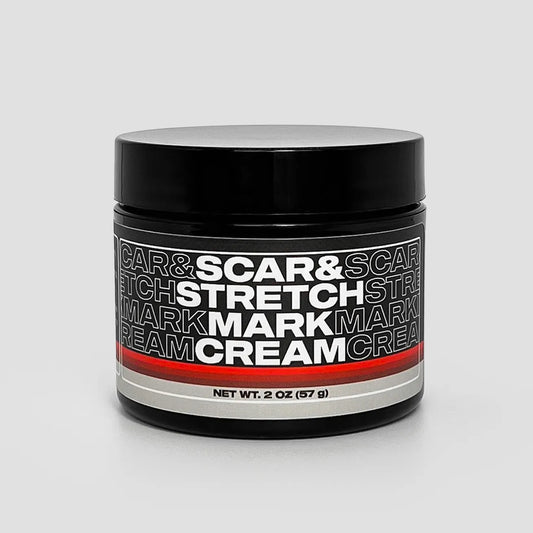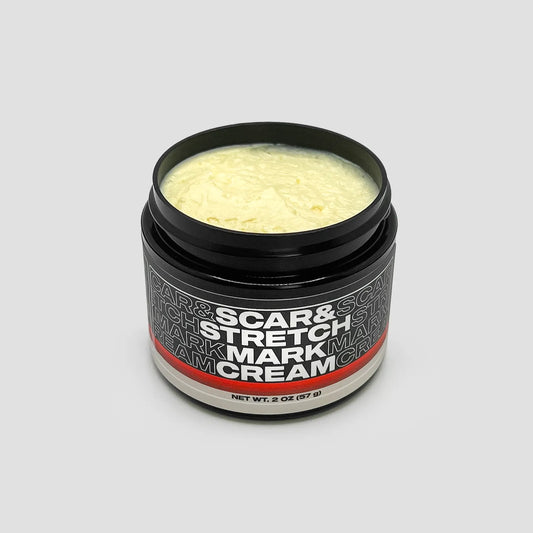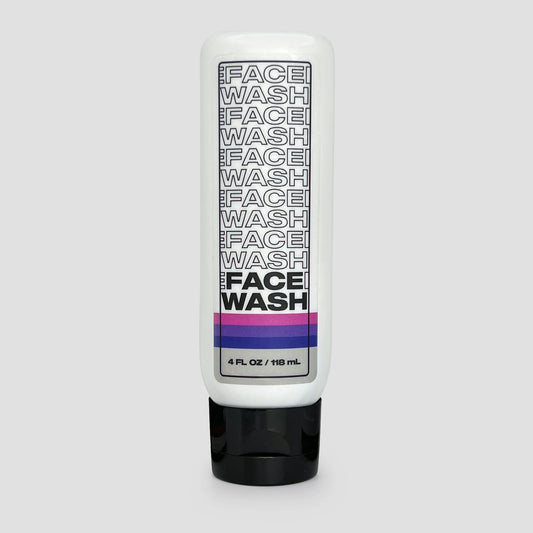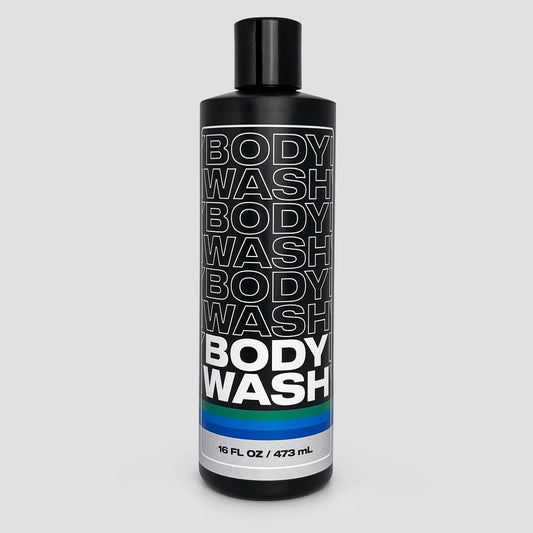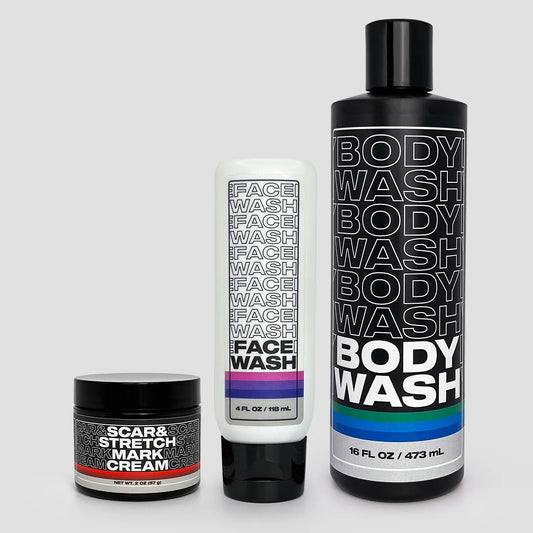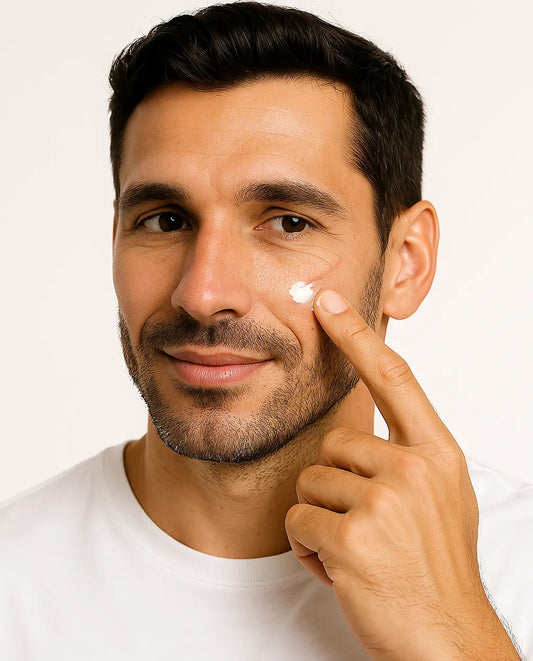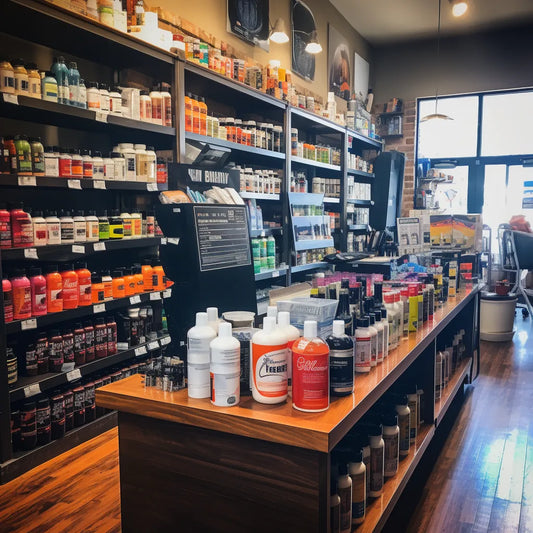
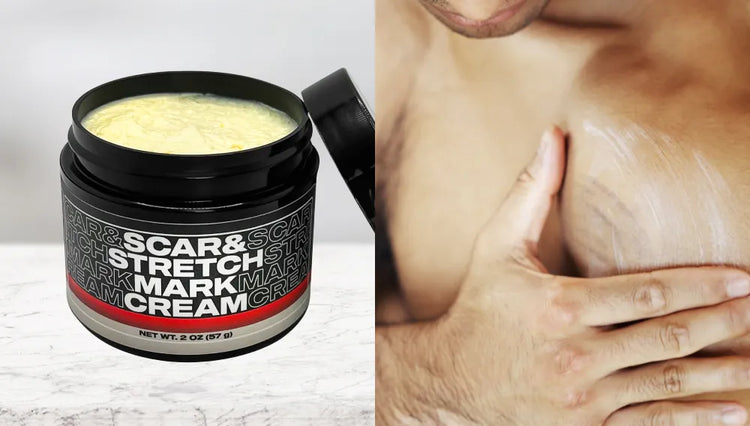
Ever heard of the concept that ‘Creatine is a steroid’? Well, this perception has been circling the fitness world for quite some time. It's time to unravel the truth about creatine.
Understanding what supplements do to your body is essential, especially if you’re aiming for a great physique. One supplement that's frequently debated is creatine, but is creatine a steroid?
In this blog post, we'll delve into the facts and debunk prevalent misconceptions about creatine, putting your concerns to rest.
And by the end of this blog, you'll be able to distinguish myth from reality, paving the way for smart and informed supplement choices.
What exactly is creatine?
Creatine is a naturally occurring amino acid-like compound in your body, primarily in your muscles and brain. It's also found in foods, particularly in red meat and fish. Creatine supplements are popular among athletes and gym enthusiasts because they can help increase muscle mass, strength, and exercise performance (Mayo Clinic).
Is creatine a steroid?
No, creatine is not a steroid. It's a legal substance and is considered safe for high-intensity, short-term exercise. However, the long-term effects remain unknown. Steroids, on the other hand, are synthetic drugs that mimic the effects of the male hormone testosterone. They can have serious side effects and are not safe for long-term use (National Library of Medicine).
How to correctly use creatine?
While creatine is legal and safe to use, it's important to know how to correctly incorporate it into your fitness routine for it to be effective.
1. Start with a loading phase
The fastest way to store muscles with creatine is to perform a loading phase, typically lasting one week. During this phase, you'll consume around 20 grams of creatine daily, divided into 4 doses.
2. Transition into a maintenance phase
After the loading phase, switch to a maintenance phase to keep your muscle creatine stores full. This usually involves taking around 3 to 5 grams of creatine daily.
3. Consume with a meal
For the best results, it is recommended to consume creatine with a meal. This can improve muscle uptake of creatine and stimulate muscle growth more effectively.
4. Stay hydrated
While using creatine, ensure you stay well-hydrated, as it pulls water into your muscle cells. Dehydration can counteract the benefits of creatine use.
5. Cycle off creatine
It is often suggested to cycle creatine use, allowing your body to recover. After using creatine for a few weeks, consider taking a rest week before starting again.
Does creatine cause acne?
While some individuals have reported an increase in acne after using creatine, there isn't any scientific evidence directly linking creatine use to acne. Everyone's body reacts differently to supplements; therefore, it's essential to monitor your skin while using any new product.
Can creatine cause weight gain?
Yes, creatine can cause weight gain because it increases water retention in the muscles. It is important to note that this is usually water weight, not fat mass, and this effect typically decreases as you continue your creatine regimen.
Empowering Your Workout: Creatine Uncovered
Now that we've debunked the myth, we hope you have a clearer understanding of the role of creatine as a valuable fitness supplement and its safety profile. Always remember, every supplement can have varying effects on different people, and it's always crucial to listen to your body.
Recap: A Clear Understanding of Creatine
- Creatine is a natural compound, not a steroid.
- Creatine supplements can enhance muscle mass, strength, and performance.
- A proper dosage strategy is crucial for effective creatine usage.
- Creatine can cause weight gain due to increased water retention but does not directly cause acne.
Armed with this knowledge, you can now make informed decisions about incorporating creatine into your fitness regimen. Here's to empowering workouts and achieving your fitness goals responsibly.
